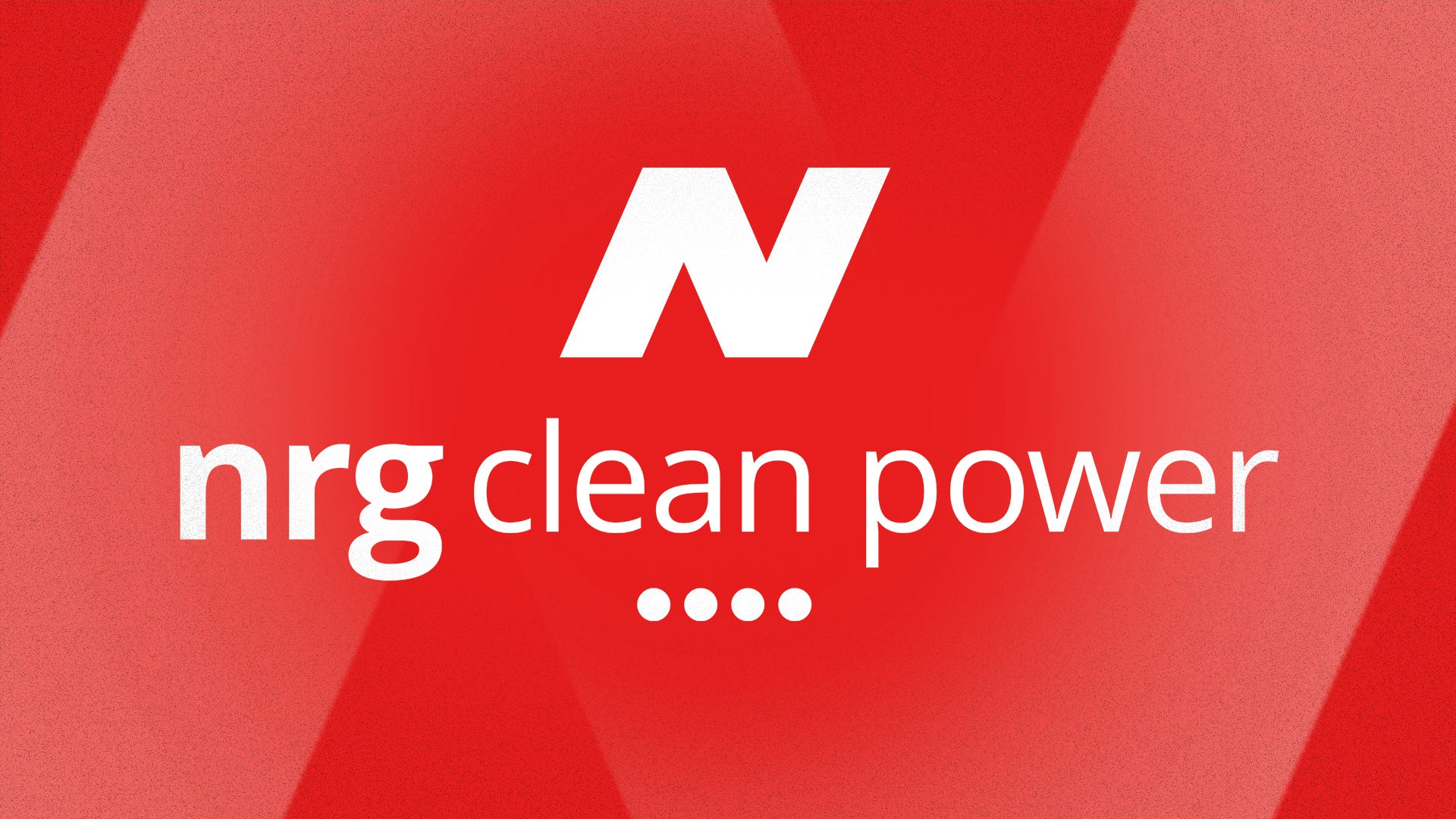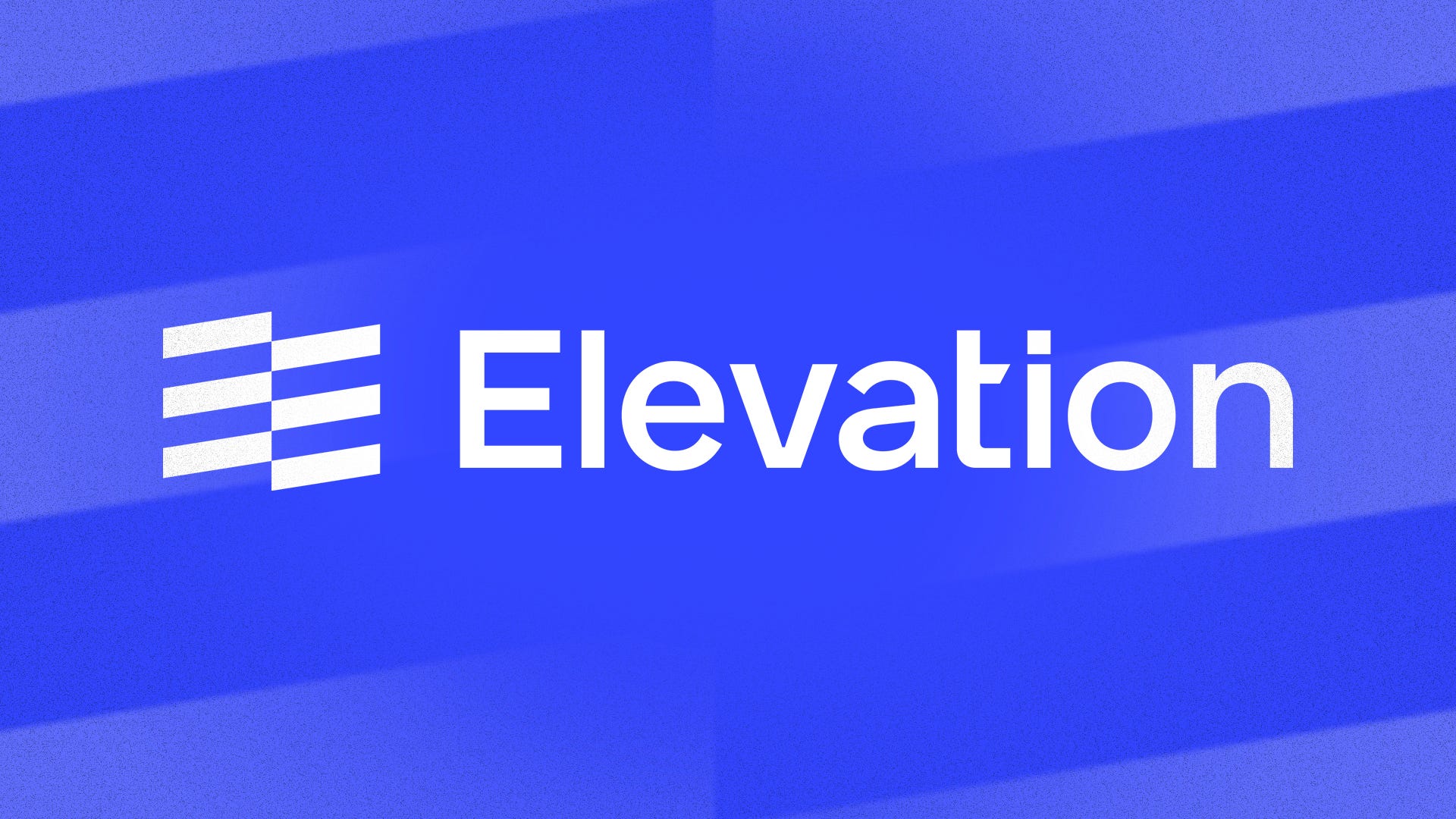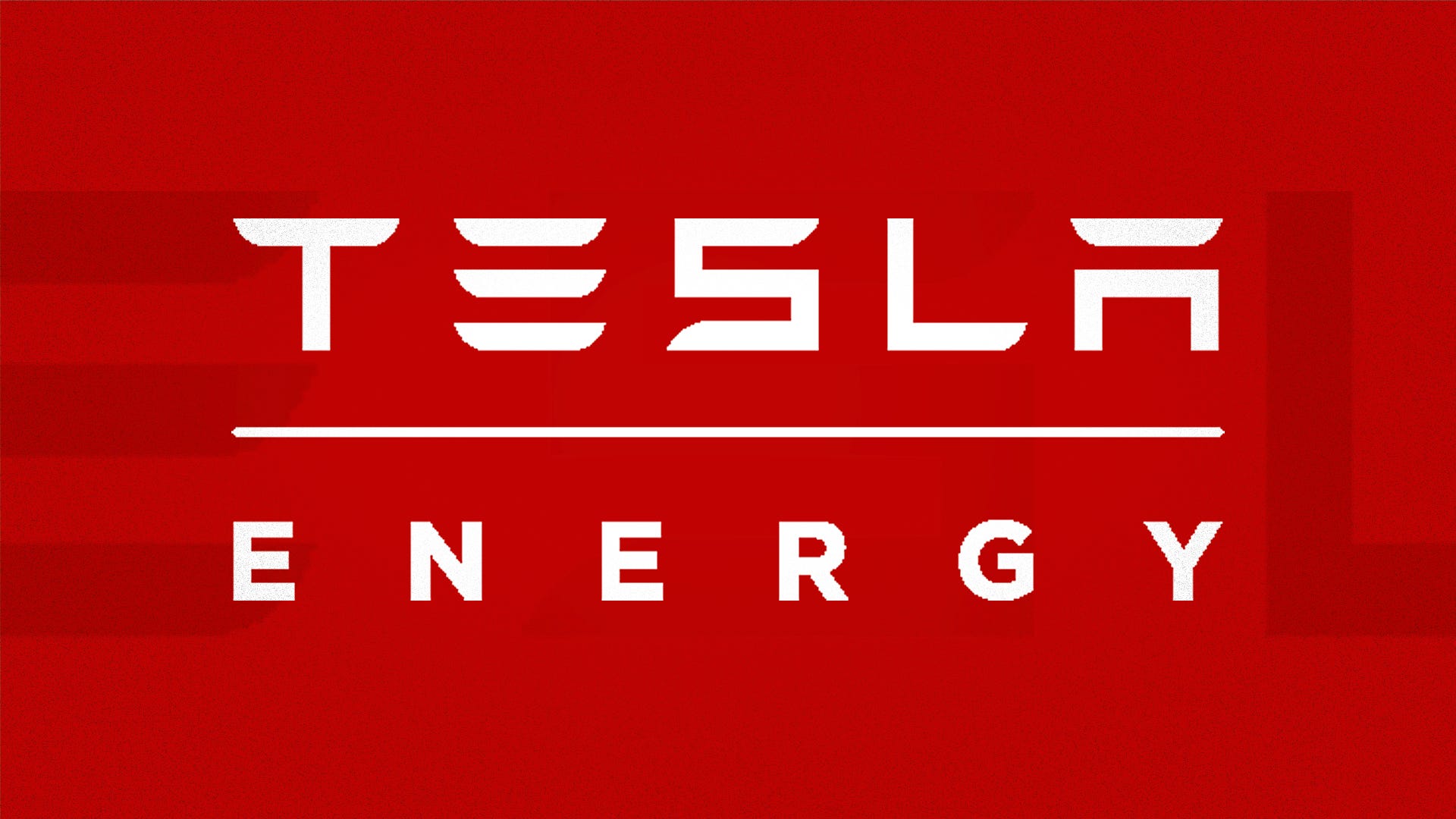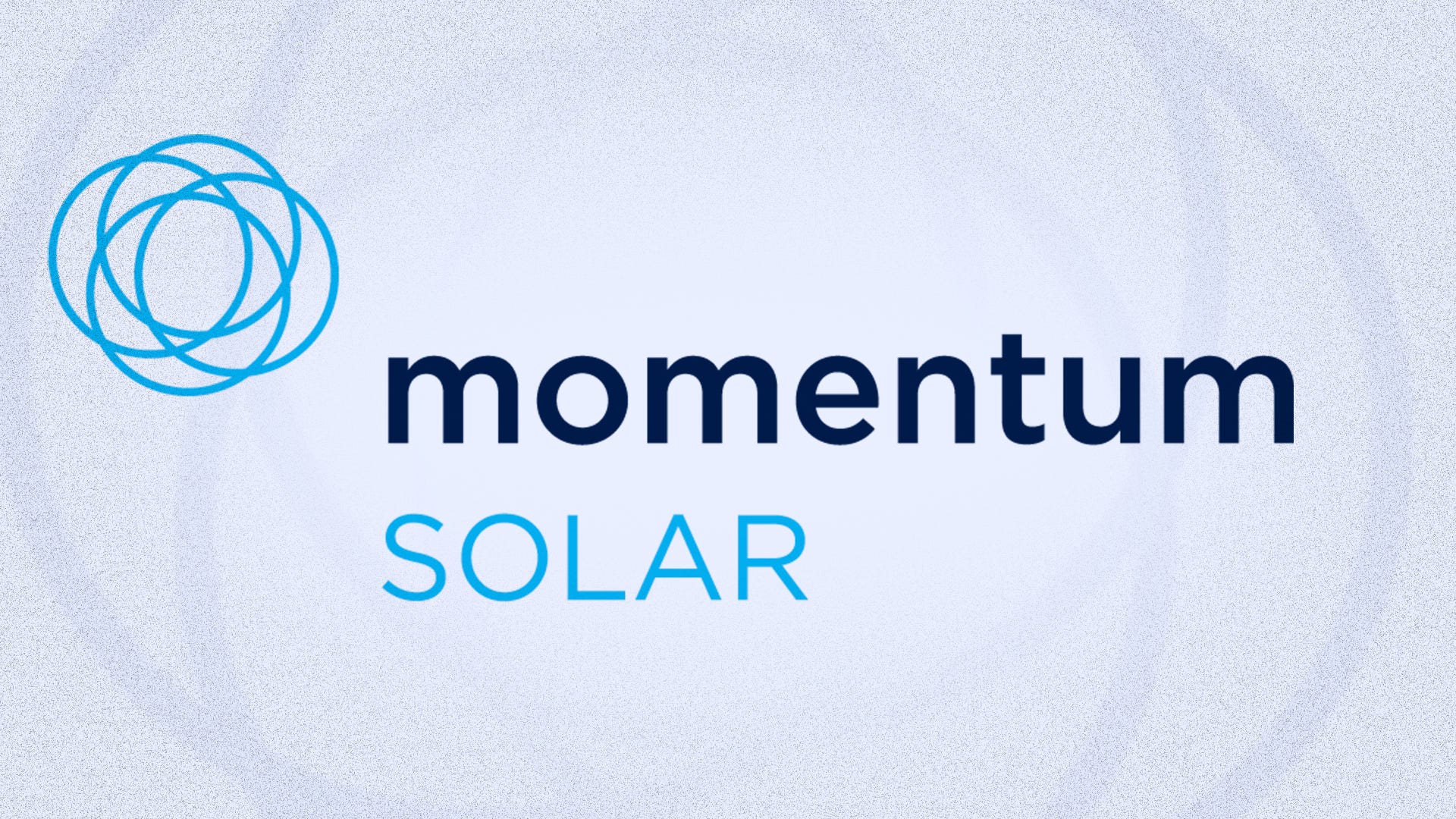If you live in the city of Los Angeles, then you’re no stranger to high electric bills and plenty of sunshine. Why not use California’s ample natural sunlight to help pay your energy bills? That’s where a solar panel investment comes in.
California electric rates are among the highest in the US. Rising electricity costs are a primary reason why many Angelenos invest in solar panels for their homes. In Los Angeles, there are a variety of tax credits and incentives that can tamp down the cost of solar panels.
Though California’s net metering policies have been weakened in recent years, reducing the credits you get for offloading excess energy to the grid, there are other great incentives within the state. Property tax exemptions mean your solar panel system won’t be included in the value assessment of your home. Another uncommon incentive in California is the Self-Generation Incentive Program, which offers rebates on the price of energy storage technologies, such as solar batteries.
Here’s what you need to know — starting with the best solar panel installation companies operating within Los Angeles.
Best national solar panel companies in Los Angeles
With the popularity of solar in Los Angeles, there are many companies that you can choose from when getting quotes. The Solar Energy Industry Association offers a database of solar companies nationwide, including companies local to Los Angeles.
We’ve created a list of national solar panel companies that stand out from the competition. Here are a few solar installers operating in Los Angeles to consider.

NRG Clean Power
Best in California and Texas
NRG Clean Power brings one of the solar industry’s most confident approaches to its work, offering a price match and 40-year warranty. NRG Clean Power is a solid bet as long as you live in Texas and California. NRG Clean Power does not offer leases or power purchase agreements, but it does provide solar panel cleaning and roofing services as well as a reliable equipment menu.

Palmetto Solar
Best overall
Solar panels are typically low maintenance equipment, but they’re also unfamiliar. If you want to reap the benefits of solar but will have a bit more peace of mind if someone else is making sure it’s working, Palmetto might be a good fit for you. Just remember to add the cost of Palmetto’s monitoring service in to your payback period calculations.

SunPower Solar
Best solar panels
If you’re looking for top-of-the-line solar panels, SunPower is your best choice. But don’t write it off if you’re looking for a less flashy installation that will get the job done. This year it started installing Qcells panels, which should make an installation from the longest-tenured company on our list available to more people.

Elevation
Whole home approach
Elevation’s focus on your home’s energy efficiency isn’t the norm in the industry. If you’re planning on addressing energy efficiency first, working with Elevation allows you to keep the whole process with one company. Elevation’s solar equipment comes from well-established and well-regarded companies. Elevation’s warranties on workmanship and weatherization could be a bit longer.

Freedom Forever
Best for cash customers
Include Freedom Forever in your search if you want the backing of a national company that installs a wide variety of the most popular solar equipment available. Freedom Forever also extends a couple of products that take some of the pain and risk out of going solar, like a production guarantee and an escrow option with cash purchases. Online reviews say customer satisfaction has been low of late, though the company says that’s changing.

Tesla Solar
Most affordable
Tesla’s solar branch seems to be the least loved of Elon Musk’s ventures. Even Tesla’s Solar Roof seems to get more love.
If price is the thing you won’t budge on, consider Tesla. By all accounts, Tesla installs quality panels and makes the closest thing there is to a household name in solar storage: the Powerwall.
Where you might miss out is customer service. Discussion online seems to suggest Tesla’s service is a bit of a gamble.

Momentum Solar
All in-house installers
Momentum installs in 11 states without using subcontractors. While using in-house installers doesn’t guarantee a better experience, it does suggest you’re likely to get a more uniform experience from Momentum. The fact that Momentum backs its installations with a 25-year workmanship warranty hints at a strong belief in its crews’ ability. If Momentum is part of your search, consider the warranties against leaks that other companies offer. Momentum’s is five years, which isn’t the best.
Local solar panel companies
First American Solar offers a 25-year warranty on just about everything – panels, production, workmanship and roof. The company has an in-house installation team and works with NABCEP-certified professionals. First American Solar also claims its systems are priced as aggressively as possible to help you get the best deal.
Solar Optimum has a smaller service area than the other companies on this list, focusing its business in California and Nevada. Still, its products and terms of service remain very competitive.
Solar Optimum’s warranties are more extensive than some of its competitors: It offers 25-year warranties on products (including solar panels, inverters and mounting equipment), as well as 25-year warranties on quality and performance. These warranties are transferable, meaning if you sell your home, the warranties can transfer to the new homeowner. Through Solar Optimum, you can also purchase solar batteries to pair with your system.
How to determine which solar company in Los Angeles is best for me
Finding an installer you trust is one of the toughest parts of the solar journey. Here are some tips to help you find a reputable installer.
- Understand federal, state and local solar incentives. Make sure your installer can accurately explain how tax credits and incentives work.
- Read online reviews from multiple sources. Google and Yelp are a good place to start.
- Get recommendations from neighbors who have solar installed.
- Check an installer’s licensing and certifications. Look for installers who are certified by NABCEP.
- Compare multiple solar quotes.
- Ask your installer all your questions, even the difficult ones. If they have trouble answering your questions, that’s a red flag.
- Assess your potential savings cost and your solar payback period. Your installer should be able to explain this to you.
Cost of solar panels in Los Angeles
Several factors can influence the cost of a solar panel system, including the system size, available tax credits or rebates and installation costs. In Los Angeles, the average cost of a solar panel system is lower than the US average because California solar panel systems are normally smaller than systems in other states.
Here’s a breakdown of the average size and cost of solar panels in California and nationwide based on data from FindEnergy.com. It’s important to note that your system could cost more if you choose to install a solar battery.
Average cost of solar panels in California
| Typical system size (kW) | Price per watt | Total installed cost | Cost after 30% federal tax credit | |
| California | 5 | $3.47 | $17,350 | $12,145 |
| National average | 8.6 | $3.67 | $31,558 | $22,091 |
The map below shows the average total cash price, cost per watt and typical solar panel system size in your state, according to data from FindEnergy.com. These prices don’t account for tax credits or state incentives. Certain states don’t have any FindEnergy solar data and are grayed out on the map.
Los Angeles solar panel incentives and rebates
Los Angeles residents can take advantage of various solar tax credits, rebates and incentives to make solar panels more affordable. Some solar incentives are available across the state, while others are specific to Los Angeles.
The Residential Clean Energy Credit (originally called the Investment Tax Credit) is a federal tax credit for 30% of the total purchase price of a solar system back to residents when they file their income taxes. In August 2022, the Inflation Reduction Act was passed, which increased the amount of this tax credit (up from 26%) and extended it through 2032. The credit will decrease for the following two years before expiring at the end of 2034. This tax credit could save Los Angeles residents up to $6,580 on a 5.7 kW system, based on California’s average solar panel system cost.
There are many other solar credits and incentives available in Los Angeles. You can find a complete list in the Database of State Incentives for Renewables and Efficiency. Here are a few solar incentives available in Los Angeles that you should know.
| Program | Description |
|---|---|
| Net Metering Programs | Los Angeles utilities offer net metering programs, which allow residents with solar panels to sell extra solar energy back to the grid. In December 2022, California voted to pass a new version of net metering (NEM 3.0), which significantly cuts the rate offered through net metering. Residents who install solar systems before April 15, 2023, can lock in NEM 2.0 rates. If the perks of net metering are important to you, consider applying for permission to operate your solar system before April 15, 2023. |
| Property Tax Exclusion for Solar Energy Systems | Solar panels typically increase a home’s value. This program prevents your property taxes from increasing based on the higher home value after you install solar panels. |
| Self-Generation Incentives Program | SGIP offers a rebate to consumers who pair energy storage technologies, like solar batteries, with their solar panels |
How to pay for solar panels in Los Angeles
As with any major purchase, you will want to think about how to finance the cost of solar panels. Keep in mind, the money from the tax credit won’t be yours until after you’ve filed your taxes for the year the panels are installed. It’s also important to factor in the solar payback period, which is the time it takes to recoup your upfront investment and when savings begins.
Here are some ways to pay for solar panels:
Solar loan: Your solar installer likely has a relationship with a bank or other financial institution to offer a loan designed for solar panels. This can be a great deal, but you’ll want to get multiple offers to ensure the rates and terms are the best.
Home equity: You don’t have to use a loan from your solar company. Financial institutions offer home equity loans and lines of credit (or HELOCs) that are commonly used for home improvement projects. These loans can be used for basically any purpose, and they may be a good fit for your solar project. Shop around and make sure you’re getting the best deal.
Cash: This approach only works if you happen to have thousands of dollars sitting around in a bank account. If you don’t have that yet, but you want solar panels in the future, consider saving money in a high-yield savings account. Interest rates are high right now, and this can help you save faster.
Lease or power purchase agreement: Some solar companies allow you to lease your system or enter a power purchase agreement, or PPA. If you choose to lease, you won’t own the solar system, you’ll just pay for use of the equipment. Entering a power purchase agreement means you’ll buy solar energy generated from the solar company to power your home. The price you’ll pay is usually lower than the retail rate from your local utility company. Note that not all incentives are available with a lease or power purchase agreement.
Personal loan: You can also borrow the money through a personal loan. The main difference between a personal loan and a home equity loan is that a personal loan is typically unsecured. That means your house isn’t at risk. The downside is they tend to have shorter terms and higher interest rates than home equity products.
Read more: Want something smaller than a whole-home solar system? See our picks for the best portable solar panels and solar generators.
Installation factors to keep in mind
Before purchasing solar panels, it’s important to do some research and make sure it is the right decision for you. Here are a few installation aspects to consider first:
- What’s the condition of your roof? Your roof is an important factor in installing rooftop solar panels. Its size, shape and slope can impact how much electricity a solar system can produce. If your roof is older or in need of repairs, you may need to get it replaced or maintained before it can handle the installation of solar panels. The Department of Energy states that roofs with a slope between 15 and 40 degrees will allow a solar panel system to achieve peak efficiency.
- Where are you located? While solar panels can still operate in areas with indirect sunlight, they’ll be most efficient when they receive direct sunlight for at least four hours per day. Los Angeles typically gets 283 sunny days yearly, higher than the national average of 205 sunny days. However, if your home has a lot of shade coverage, a solar panel system will not generate as much power as it would in direct sunlight.
- Are there HOA and neighborhood regulations? In California, a law prohibits HOAs and neighborhoods from banning rooftop solar panels, so you won’t need to worry about whether solar is allowed in your neighborhood. However, your neighborhood could have specific requirements regarding aesthetics or installation. Be sure to research what is required in your neighborhood before you sign a contract.
- Do you rent your home? Consumers who live in apartments or rental homes may not be allowed to install solar panels. You can ask your landlord or rental management company whether solar is permitted. If not, community solar programs are an alternative to installing rooftop solar. These let you subscribe to power generated by solar panels at another location and receive a credit on your energy bills. The subscription fee is set at a lower rate than your credit value, so you benefit each month. Across the state of California, community solar is expected to expand rapidly due to new regulations.
How we found the best solar companies
The companies we listed above as “the best” are curated from CNET’s best solar companies list. Companies making the best list are scored on the equipment, warranties and customer service they offer. Then, we make sure these recommendations are available in your state. You can read a full breakdown of how we review solar companies here.
Companies listed under the local installers were chosen in a less rigorous way. We chose them because they offered something unique or notable to customers in the state, they seemed well-regarded by internet reviewers or because they were one of the few installers we could find information on in the state.
Whether we’ve completed a full review on a company or not, it’s always a good idea to get multiple quotes from different installers before choosing a company.
Los Angeles solar power FAQs
How long do solar panels last?
On average, solar panels have a lifespan of between 20 and 30 years. Factors including the quality of the product, climate and maintenance can impact the lifespan. If you have a technician perform routine maintenance on your solar system, the panels could last longer than 30 years.
Are solar panels required in Los Angeles?
There is a mandate in California requiring new construction single-family homes and multiple-family homes up to three stories high to install solar panels. This mandate took effect in 2020 and applies to new homes in Los Angeles. Under this requirement, new construction homes must include a solar system that covers all of the home’s energy needs, which are calculated based on the area’s climate and the home’s square footage. Homes built before 2020 are not required to install solar panels.
How can I find a solar installer in Los Angeles?
Because Los Angeles is one of the leading cities for solar, it makes sense that there is a high number of solar companies operating in the city. If you are looking for a solar installer in Los Angeles, take your time to thoroughly research your options. Ask for quotes from multiple companies and read customer reviews and testimonials before signing a contract. You can review CNET’s picks for top solar companies if you need a place to begin your research.




















+ There are no comments
Add yours